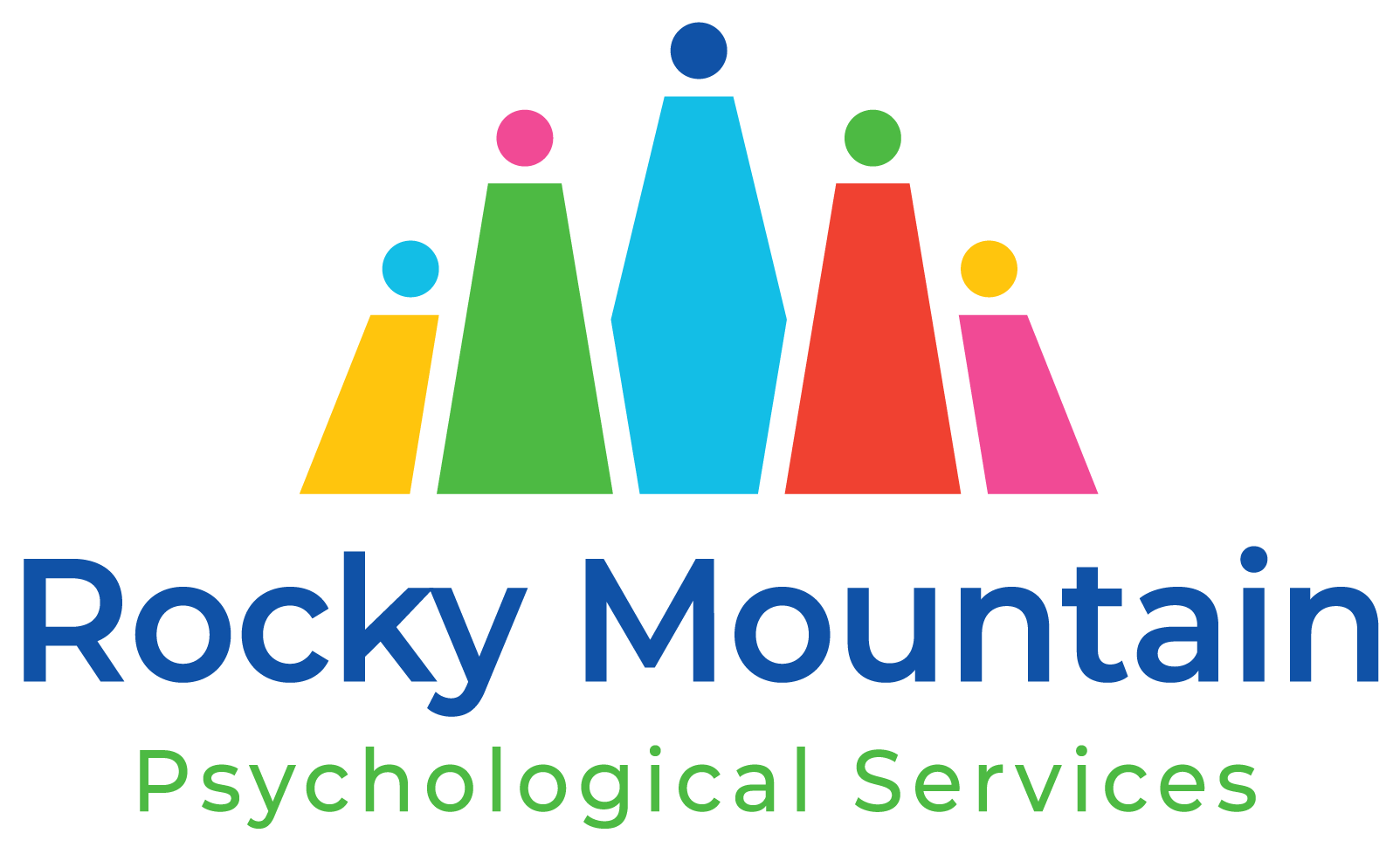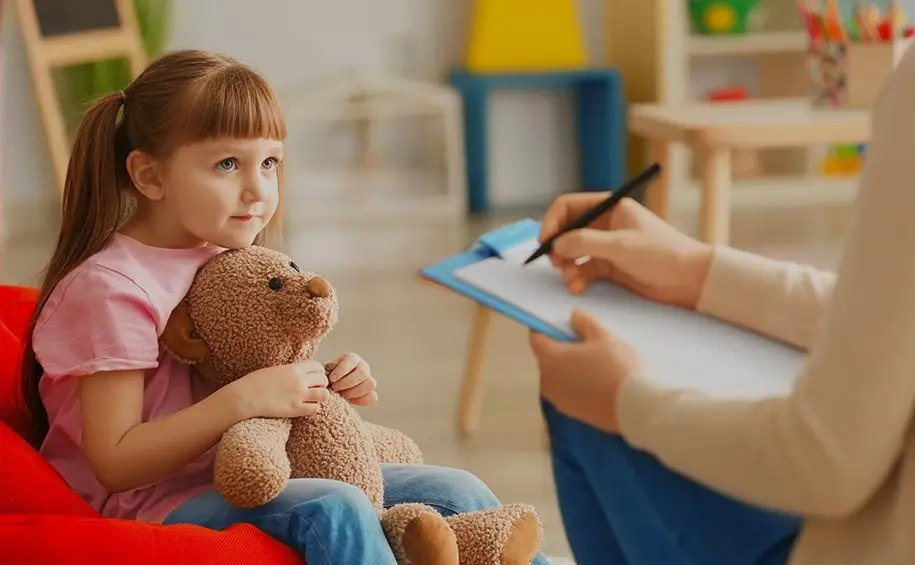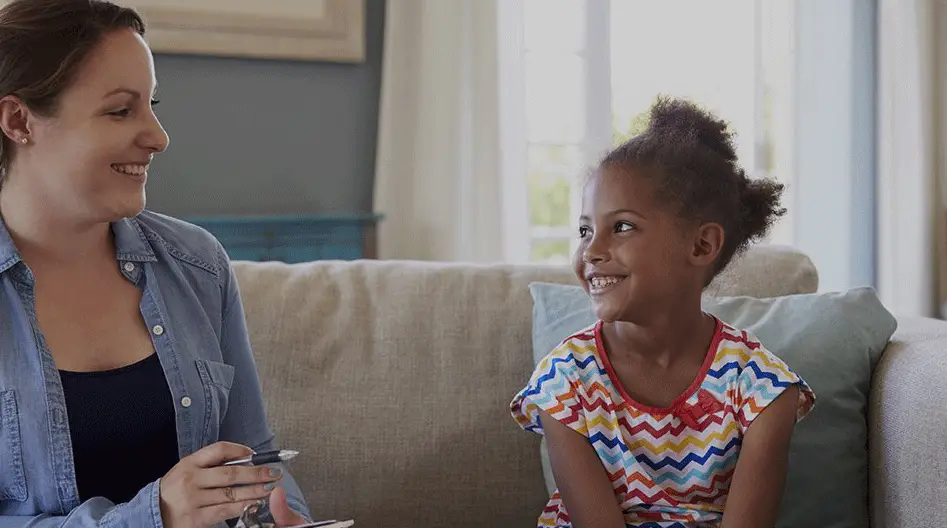Frequently Asked Question
How long does the whole process take
Most assessments are completed within three to six weeks. The exact timeline depends on scheduling and the speed at which questionnaires are returned by parents, teachers, or other contributors
Can you work with my child’s school if we’re not in Calgary?
Yes. We work with families across Alberta. Some or possibly all of the assessment may be able to be completed virtually (discuss with your assessment psychologist whether this option is a fit for your child and situation). Our reports are recognized by schools and universities throughout the province, nationally, and internationally.
Will the results help with school accommodations?
Absolutely. Our recommendations often form the foundation for an Individualized Program Plan (IPP) or other classroom adjustments that make learning more accessible and effective.
Do you also assess adults?
Yes. We work with post-secondary students and adults who seek a deeper understanding of learning differences, attention concerns, or other challenges that may be impacting their performance. Our reports can be used to access accommodations for college and university programs as well as for professional exams (e.g., accounting).
What if I need a psychoeducational assessment but cannot travel to Calgary?
If traveling to our Calgary office is not possible, we may be able to offer secure online assessment options to ensure you can still access high-quality support. In some cases, we may also collaborate with local professionals to coordinate parts of the process, making assessments accessible to families across Alberta.






